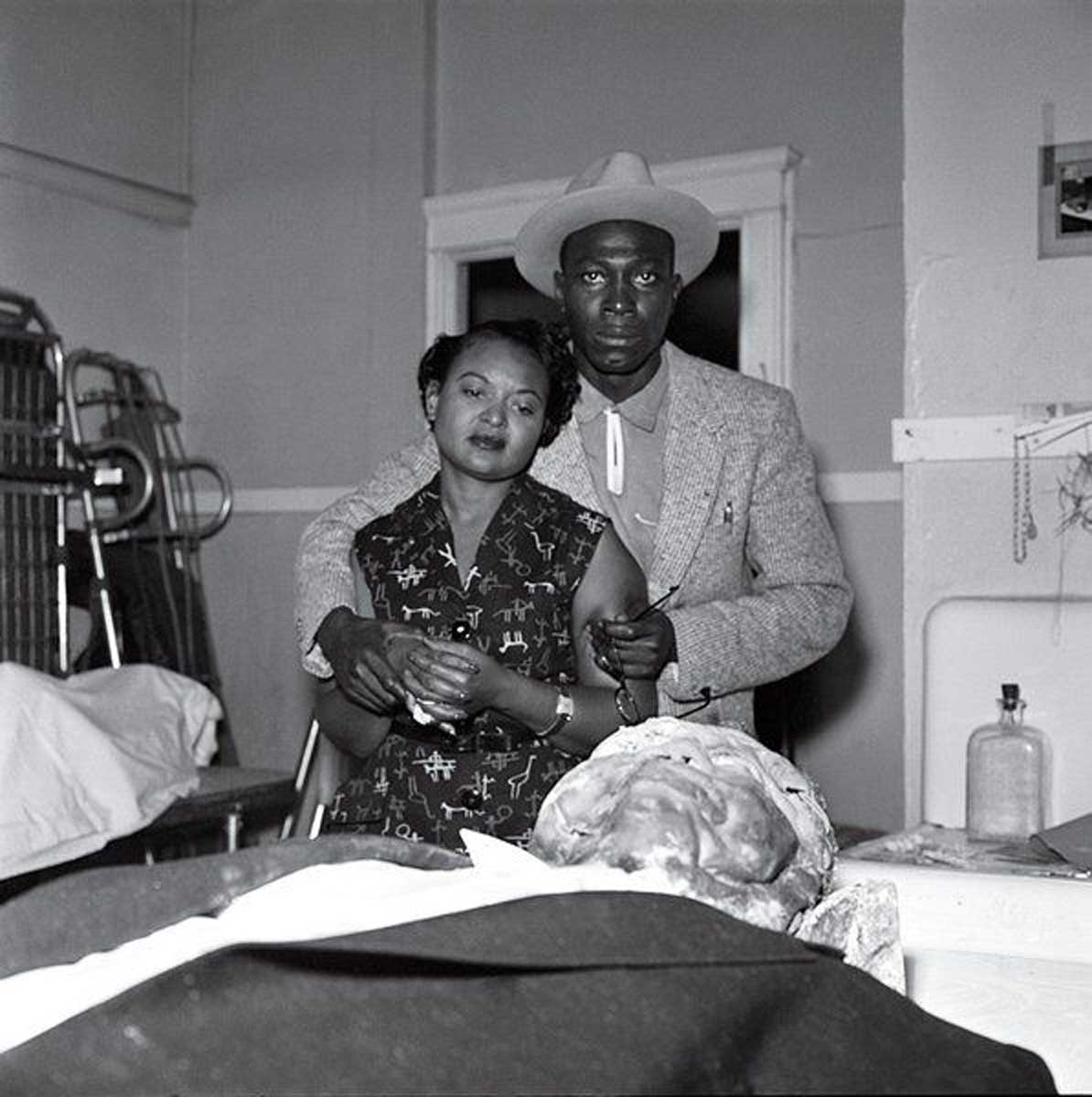The Heart Mender
Published 6:00 am Saturday, April 14, 2012
Best-selling author Andy Andrews lives with his wife and two sons in Orange Beach, Alabama. He often crafts his fictional stories from scraps of history and wisdom gleaned from the lives of historical figures. Being a student of both history and literature, he has found that great literature is full of tales of people and things washing up on shores. But he never expected to find treasures in the sands of his own back yard, which would set him on a course of discovery leading to the writing of The Heart Mender.
While removing a stubborn tree stump, Andrews discovered the mysterious entity buried in the sand. After stripping off rust and decay from the outer container, he found a small leather pouch holding 3 photographs: a photo of a man woman and child, a shot of a man in uniform, and a picture of Adolph Hitler! This astounding discovery set the author on a trail of research revealing historical facts about the people and events in the southern gulf area during World War11. He learned that submarines with German officers had cruised close to the shores of the Gulf of Mexico, and many times bodies washed up on shore. He also learned that there were Nazi party officials on every boat and ship and that the officers and crews, for the most part, considered themselves German — not Nazi — and didn’t hold the same sadistic beliefs as Hitler and his cronies.
In The Heart Mender, a German sailor, having survived a gunshot wound, washes up on the shore and is discovered by an American lady. The German’s heart is filled with grief because American bombs have killed his wife and child in Germany. The American lady is consumed with hate for all Germans because her husband has been killed in the war.
Another important character in the story is Danny, a beloved Downs syndrome child whose innocent words often bring wisdom for those around him. When Danny asks his father questions about forgiveness, his father says, “Forgiveness does not erase history or excuse what happened. What has happened … has happened, and nothing can erase the memory of it or its consequences. Forgiveness means relinquishment; that means giving something up. You may remember the wrong, but by choosing to forgive, you have disarmed it. Then it can no longer determine what you think, what you say, or what you do.” And this is the theme of The Heart Mender — the belief that true forgiveness “mends hearts.”
The Heart Mender also brings out questions concerning our own America. Josef, the German sailor, says, “History tells us that a democracy is always temporary in nature. My country (Germany) is a classic example. And as a humble, but sincere student of history, I sorrowfully expect your country (America) to one day follow suit.” He goes on to quote statements made by Alexander Tyler, a Scottish history professor at the University of Edinburgh, in 1787:
“Every democracy finally collapses due to loose fiscal policy … Nations progress through the following sequence: from bondage to spiritual faith; from spiritual faith to great courage; from courage to liberty; from liberty to abundance; from abundance to complacency; from complacency to apathy; from apathy to dependence; and finally from dependence back into bondage.”
The Heart Mender is a story of life, loss, and reconciliation, about which Andy Andrews says, “I think the story will help. Who benefits when we come to understand and harness the power of forgiveness? Children, marriages, careers, nations … the list goes on and on.”





